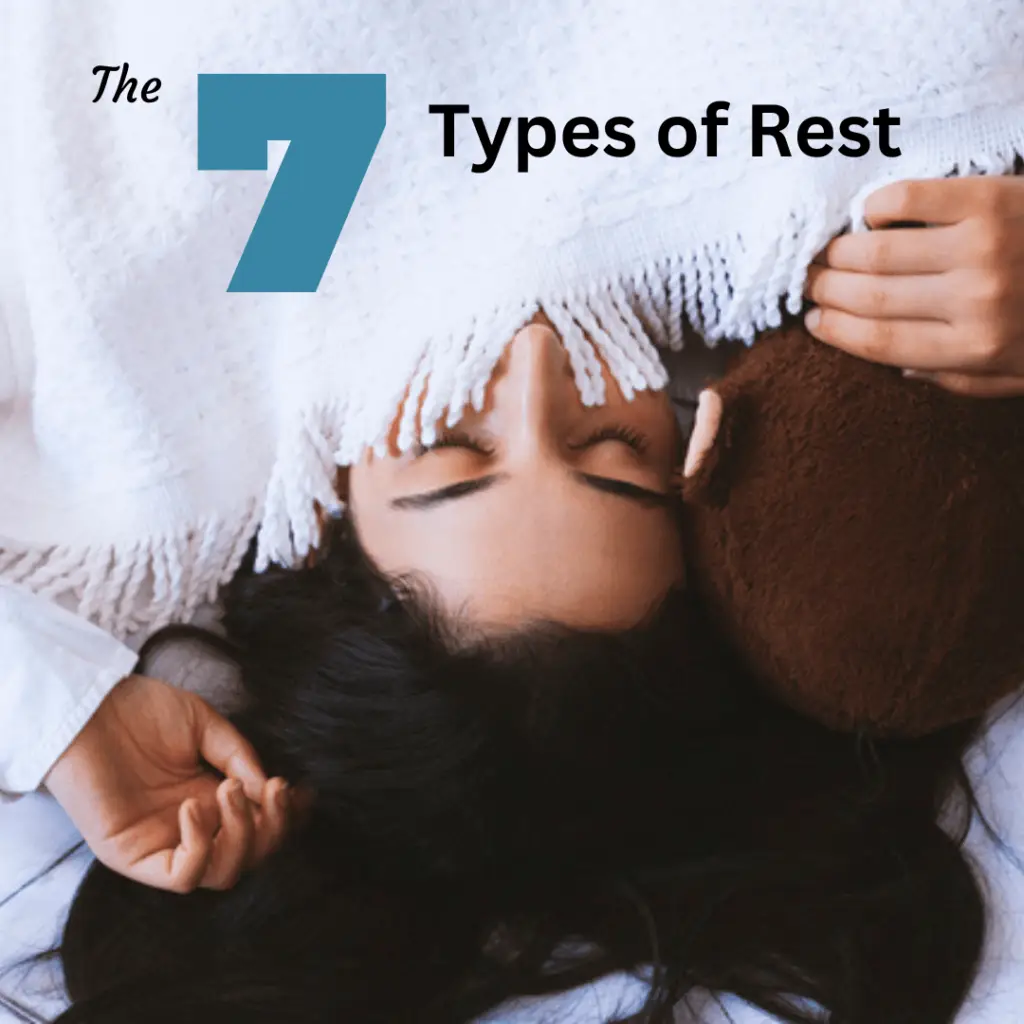Education in Healthcare: Empowering Patients and Professionals

Education in Healthcare: Empowering Patients & Professionals
When patients are well-informed about their conditions, they are more likely to make necessary lifestyle changes and adhere to treatment plans, leading to better health outcomes. Additionally, patient education helps reduce healthcare costs by preventing readmissions and unnecessary procedures.
However, healthcare providers often face barriers in delivering effective education. Limited time poses a significant challenge, as providers are often stretched thin and struggle to provide comprehensive education to each patient. Language and cultural differences can also hinder effective communication. Furthermore, low health literacy levels make it difficult for patients to comprehend complex medical information.
To overcome these barriers, healthcare professionals must be intentional in their approach, eliminating medical jargon and creating a comfortable environment for patients to ask questions. Education is not only crucial for patients but also for healthcare professionals. Continual learning and staying updated with the latest research and best practices are essential in an ever-evolving field like medicine. Continued education equips healthcare providers with the knowledge to address healthcare disparities, cultural differences, and improve patient outcomes.
Nonetheless, challenges exist for professionals in pursuing continuing education. Finding time to complete requirements while providing high-quality care remains a significant obstacle. Financial constraints can also hinder access to continuing education, particularly for those not financially secure. Still, limited availability of high-quality educational opportunities in rural areas or resource-limited settings can impede professional development.
Despite these challenges, healthcare providers can take certain steps to ensure they receive the education they need. Taking advantage of employer-offered learning opportunities that can be completed flexibly is one approach. Seeking out low-cost or free options such as webinars or conferences is another viable avenue. Additionally, finding mentors or colleagues who can provide guidance and support in continuing education efforts can be invaluable.
Education is a critical component in delivering high-quality care and achieving optimal patient outcomes. It empowers patients to take charge of their health while enabling healthcare professionals to provide the best possible care. By investing in education, we can enhance the well-being of individuals and communities, contributing to a healthier and more equitable world.
Chart Lyfe LLC












